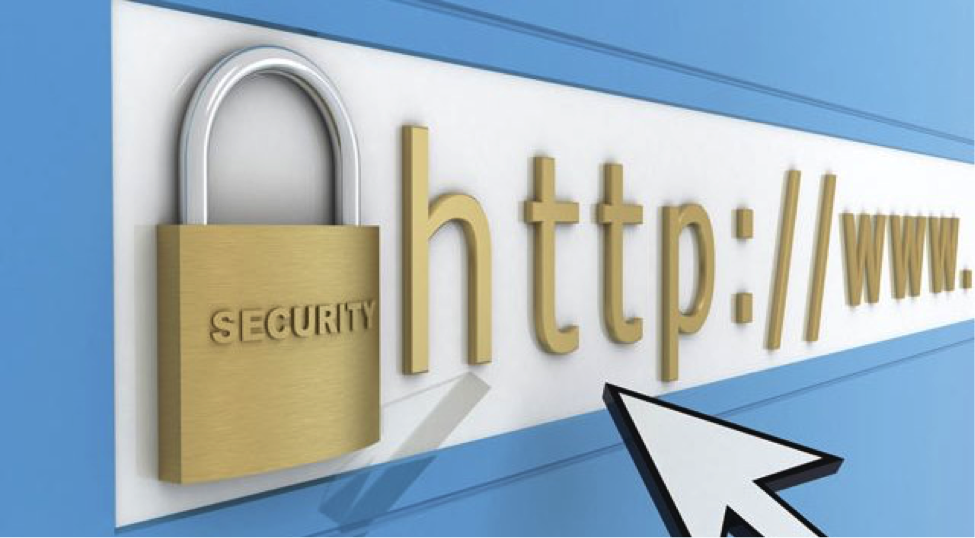Internet Protocol address or the IP address is how websites detect where they are receiving their visitors from. Surveillance and espionage agencies, irrespective of whether they are affiliated to any particular government or not, use IP addresses to monitor people’s internet activities as well. In cyberspace, the concept of privacy is nothing short of an illusion and it is high time that regular internet users start protecting themselves!
So if you have been asking yourself “How do I keep my IP address confidential”, there is no need to despair. There are a few effective methods at your disposal that will allow you to do just that.
- Use free public wi-fi: Although this is not a perfect solution, it is free and you cannot argue with the price. If your internet usage is relatively modest, you can choose to limit their internet activities to those times when you have access to free Wi-Fi. In the current age of increasing connectivity, internet is available for free at a lot of different places, including cafes, city centers, university campuses and libraries. Chances are that you can even log on for free while visiting your local pub!
- Use proxies: Despite the attraction of free Wi-Fi, many of us feel the need to log in from home as well. Using proxies can be a useful option for such individuals. A proxy server acts as an intermediary between the internet user and the websites that she decides to visit. Instead of sending a request directly, the user’s internet service provider (ISP) sends the request to a proxy server and the server then relays the request to the website’s servers and then retrieves the information on the user’s behalf. One added advantage of using proxies is that most proxy providers tell you where their proxy servers are physically located. Hence, this is a nifty way of getting access to content that is restricted to a particular geography. There are several different types of proxies with different level of security. We recommend “anonymous proxies” because they identify themselves as a proxy server to websites, which ensures that you do not break any laws. It also keeps the user information confidential, which means that your identity will remain protected.
- Use a VPN: A virtual private network or VPN takes the concept of proxies a step further. Not only does a VPN protect the user’s identity, all communication via VPN is encrypted. This means that when the user accesses the internet via a VPN, her data transmissions as well as her activity logs are safe from hackers and surveillance agencies. However, the user needs to choose her VPN vendor carefully. If the encryption algorithm is not strong enough, then the user’s information lies behind a very thin veil. Also using a less than reputable VPN vendor will result in lag, which will diminish the quality of the user’s experience.
(Visited 343 times, 45 visits today)


Speak Your Mind